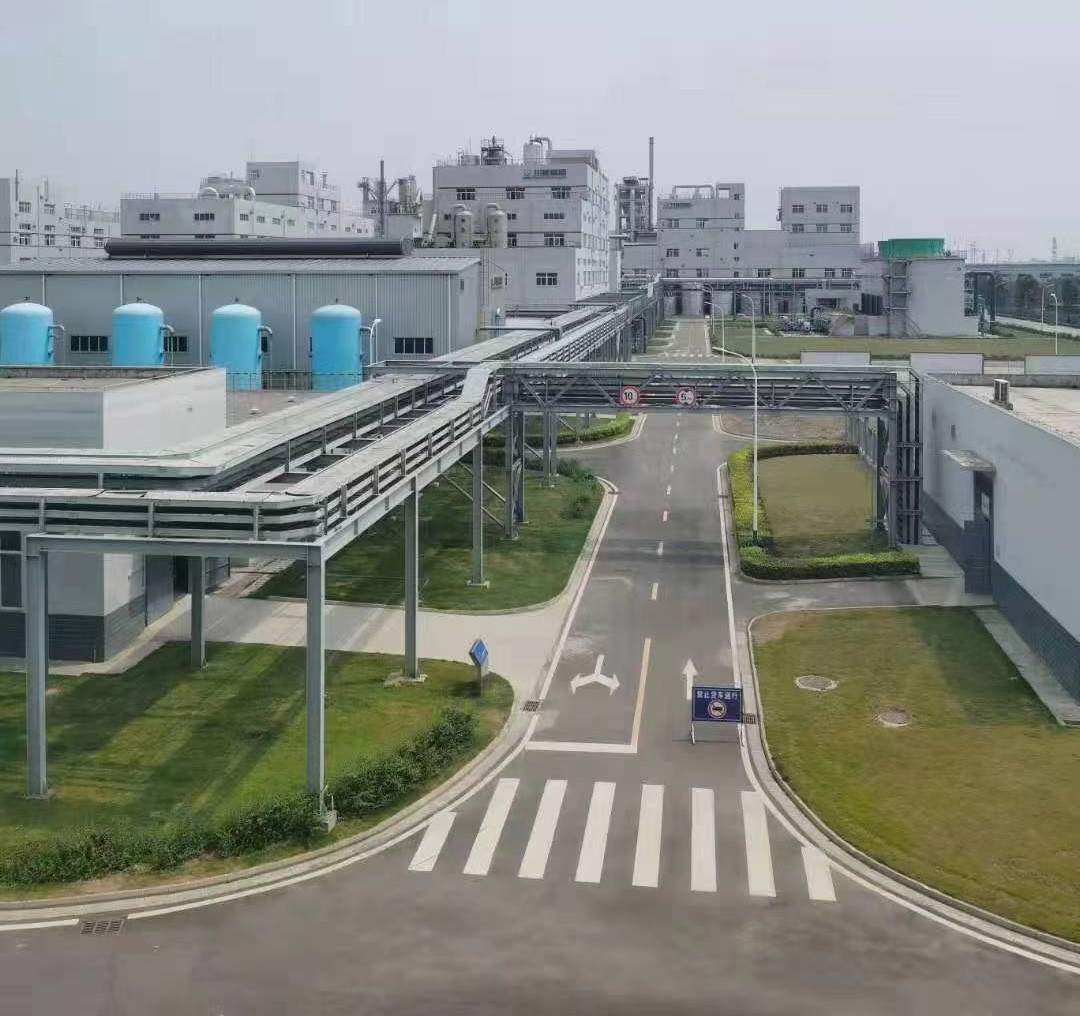Lithium: lithium carbonate & lithium hydroxide
Jun,19,25
Lithium: lithium carbonate Li2CO3 lithium hydroxide LiOH
In the lithium resource system, lithium carbonate (LiCO₂) and lithium hydroxide (LiOH) are the two most critical basic lithium salts.
Lithium carbonate: 1 common white powder, it is one of the main forms of lithium extracted from salt lakes or lithium mines.
Lithium hydroxide: It is usually further processed from lithium carbonate and is a high-purity lithium compound with stronger chemical activity.
Both have their own characteristics and play an irreplaceable role in the power battery industry chain.
Lithium carbonate:
Battery field: Mainly used for lithium iron phosphate batteries, it is an important material for new energy vehicles and energy storage systems.
Glass ceramics: improve thermal stability and mechanical strength, used in mobile phone glass, stoves, ceramic insulation and other daily and industrial materials.
Medical use: used as a mood stabilizer in psychotropic drugs.
Aluminum smelting: as a flux to optimize electrolysis efficiency.
Lithium hydroxide:
High nickel ternary battery: especially suitable for NCM811, NCA and other high energy density batteries, is the first choice for high-end electric vehicles.
Grease manufacturing: Made of lithium-based grease, widely used in automobiles, rail transportation, aero engines, etc.
Aerospace and military: used in high-purity titanium alloy, rocket propellant and other cutting-edge manufacturing.
Functional materials: participate in the preparation of new materials such as battery ceramic coatings and electronic films.
Process flow:
Lithium carbonate can be obtained in two main ways:
Salt lake method: lithium extraction from salt lake brine, the process is relatively low carbon, but the purification is difficult.
Ore method: extracted from spodumene, the process is faster but the cost is higher.
Lithium hydroxide is mostly produced by deep processing of lithium carbonate. Some high-end projects also explore "ore direct transfer" to shorten the process chain and improve product purity.
Advantages of lithium carbonate:
Mature process, suitable for mainstream battery system.
Cost control is relatively stable.
Rich sources of raw materials, conducive to large-scale layout.
Advantages of lithium hydroxide:
More suitable for high nickel ternary material cathode, to meet the demand for high energy density.
High purity and good reactivity, which is conducive to improving battery performance.
Applied to high-end manufacturing, there are higher requirements for technical barriers.
As the global market for new energy vehicles and energy storage continues to expand, lithium resources have become a key strategic material. Lithium carbonate and lithium hydroxide-based, a high-end, to build together.






